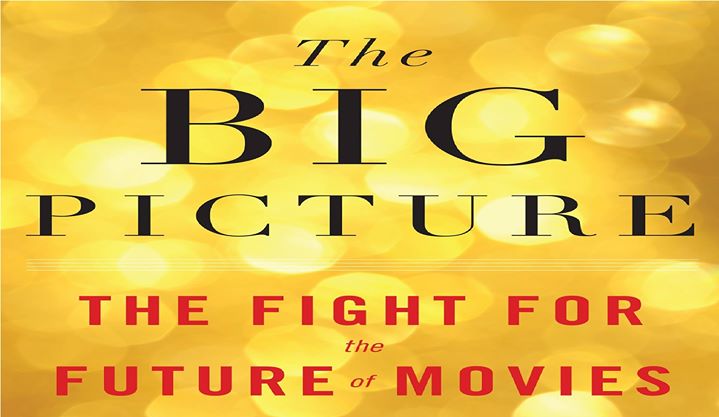
The Big Picture: The Fight for the Future of Movies by Ben Fritz likens the current era of Hollywood to the end of silent film and the studio system.
The minute that Netflix decided to pursue original content is the moment that changed things. For better or worse, Netflix is a player and they’re far from the only content provider from the streaming world. They’re joined by both Amazon and Hulu as well. When we examine the lion’s share of the box office take, Disney has its writing all over it. When Disney purchased Pixar in 2006, it wasn’t much of a big deal. The big deal(s) came when they acquired Marvel and Lucasfilm in 2009 and 2012, respectively. The latter led to the announcement of additional Star Wars films. Total game changer! What does this say about the big picture in the long term? Disney has ensured that they will have a strong say in the future of cinema with an average of ten films released per year.
Unfortunately, the money business also means no longer making the films that we traditionally saw released through the Touchstone Pictures banner. In fact, the films from Touchstone and Miramax “returned the lowest profits, with average margins in the low single digits.” Even though Disney CEO Bob Iger loves “adult dramas,” these films don’t make the money that their other properties are able to earn. With the purchase of Fox, I wonder if some of these stories will be made by way of Fox Searchlight? Or will it be more of the bigger blockbusters?
Netflix entered the movie business after seeing that movies accounted for a third of streaming content. Amazon Studios entered for a different reason. Amazon is going to make money regardless of what happens with their films. They’ve picked up indie films out of Sundance and some of these films have gone on to become awards contenders.
Over the years, China has become a strong source of box office income. Studios will please the country’s censors if it means getting a film released in the country. It’s not only China. Studio films must also play well in other countries, too. It’s not just about the domestic box office anymore. A film could tank in the US while making everything back overseas and still get a sequel produced!
This means that a title will need to play well in China to get greenlit by the studios. It’s all about the bottom line and if they don’t have an earnings potential, good luck making something happen! This is why YA novels have been all the rage. They have a fan base that’s already there. This is why seeing original content is so tough these days. Most of the original stories are coming by way of independent film. The sad reality is that these films have to fight for screens because the studios dominate so much.
Sony has gotten a bad rap because of the information that became revealed during the hack a few years ago. While we knew that they owned the license to Spider-Man, they passed on a $25 million deal that could have put the Marvel Cinematic Universe in their hands. That’s right. Iron Man, Captain America, Thor, and so many more would have been their film properties. What could have been?!? Speaking of Sony, they lost money on Men in Black 3 because of how much went towards talent. Speaking of Will Smith, he had a bit too much confidence in After Earth. While his company had big plans for this film, the film did poorly with critics and audiences alike.
With the MCU marking ten years in 2018, it only makes sense for Fritz to dive into the studio’s history. For instance, we learn that Iron Man was made not so much for box office earnings but the merchandise potential with children. Tony Stark tested well! It’s really telling when the merchandise potential drives a studio’s decision over box office potential. A film could arguably tank but still make money on the toys.
In 2017 alone, there were some 37 films that fell into one of the following categories: sequel, spin-off-reboot, superhero adaptation, or animated film. This is because all of these types are a guaranteed cash cow. The numbers increased from 24 movies in 2015 and 18 films in 2009. Two years made a really big difference!
Have we entered a new Golden Age of Cinema? Arguably. Fritz speaks with those at Disney, Marvel, Netflix, Amazon, and more in learning how they’ve reinvented the wheel. The Sony fallout is Fritz’s starting point but one thing leads to another in this Hollywood thriller of a different kind.
In The Big Picture: The Fight for the Future of Movies, Ben Fritz gives us a through examination of what the future entails for Hollywood.



